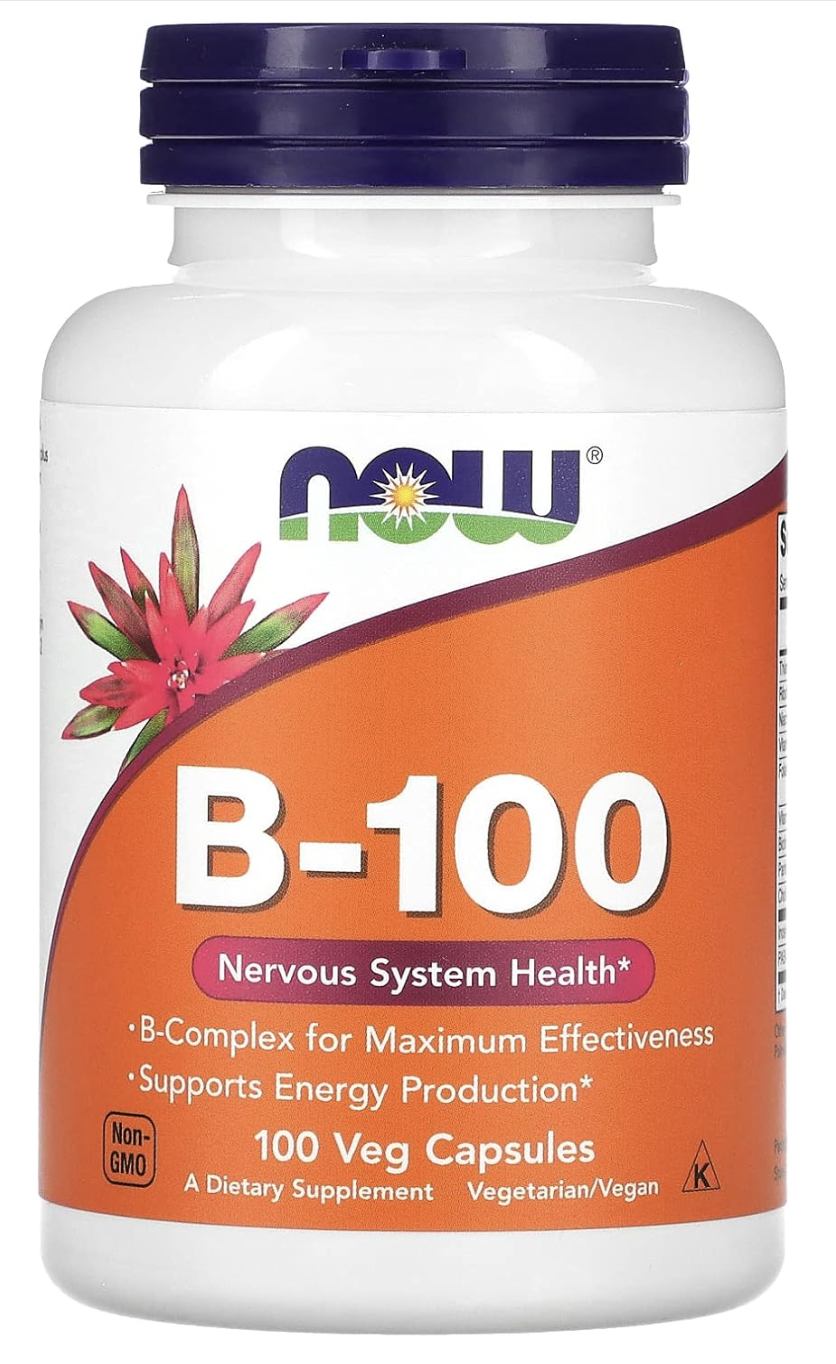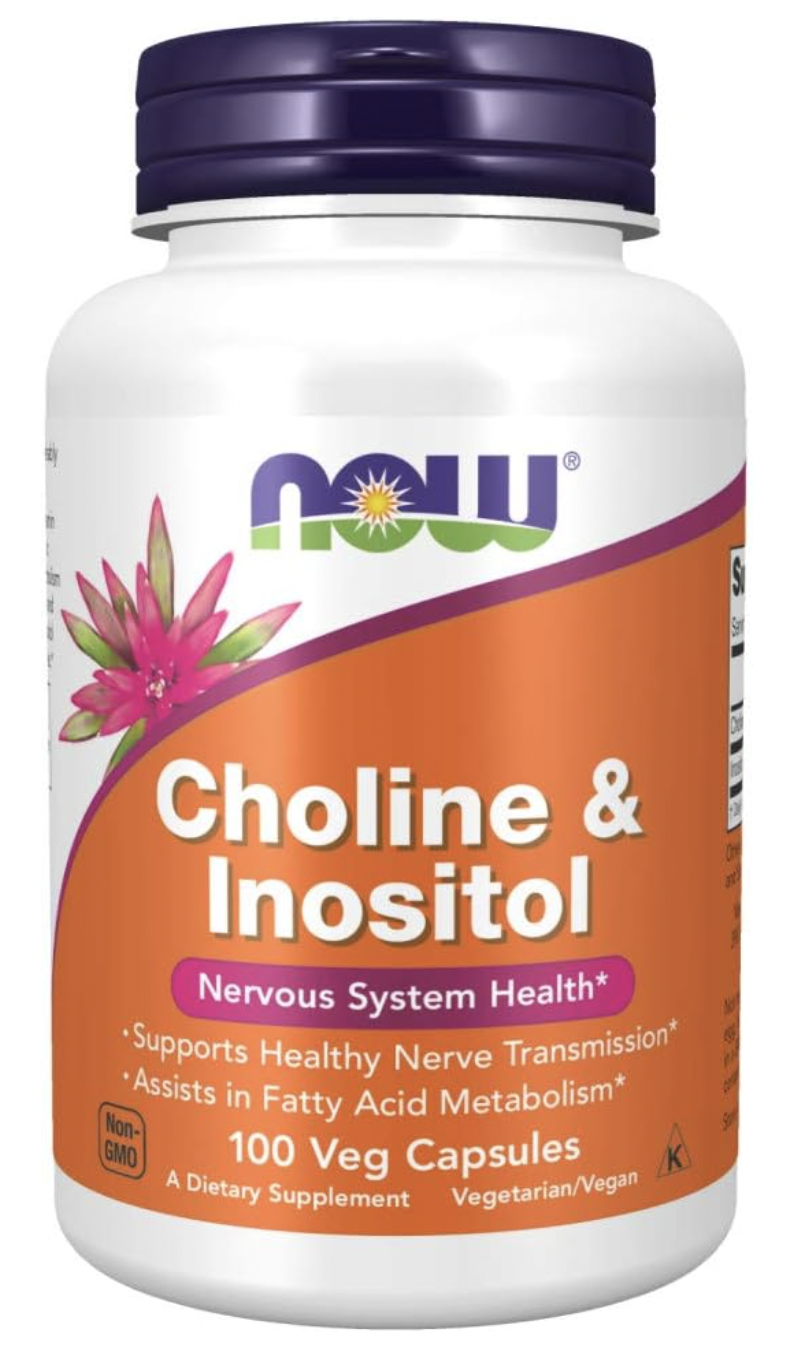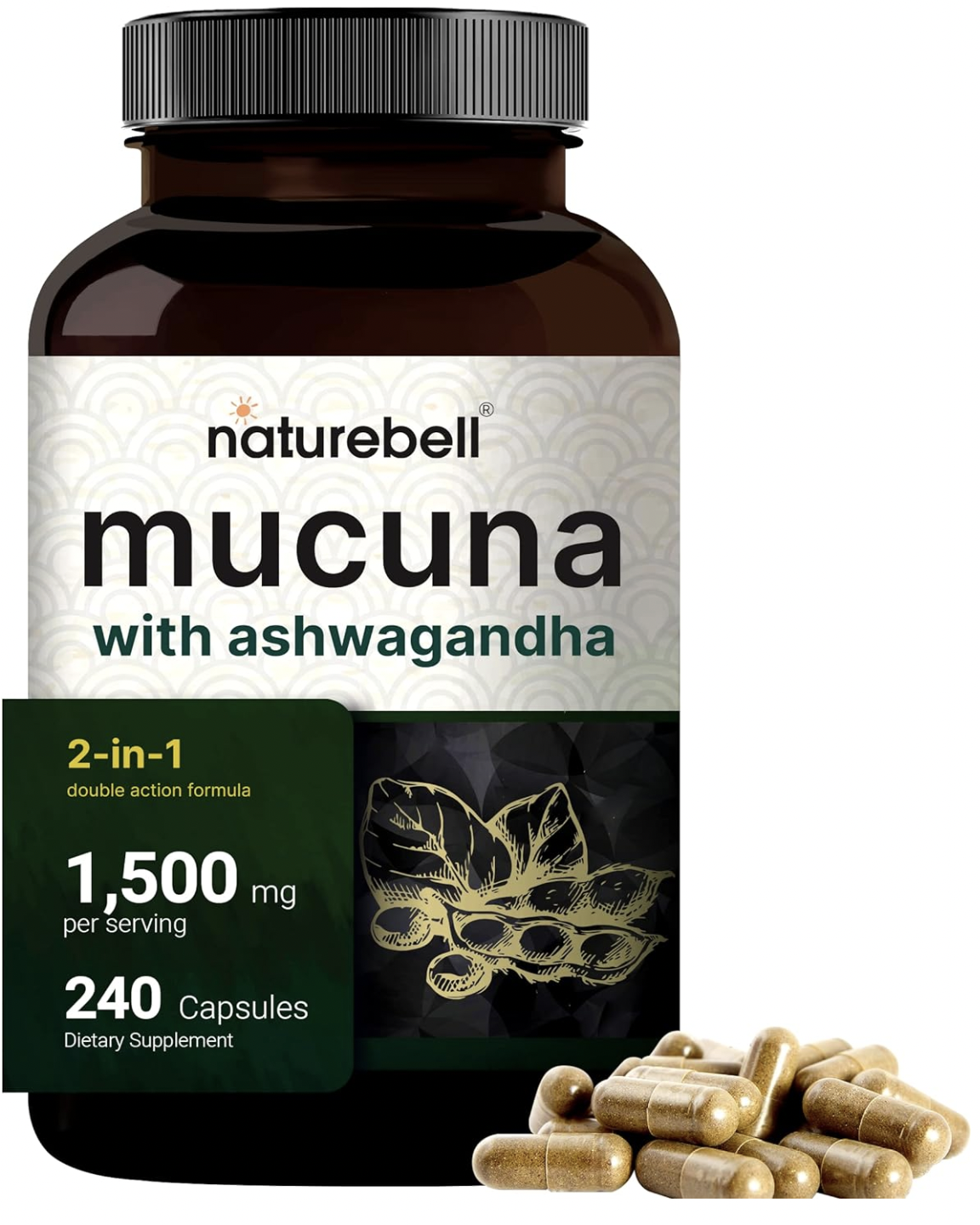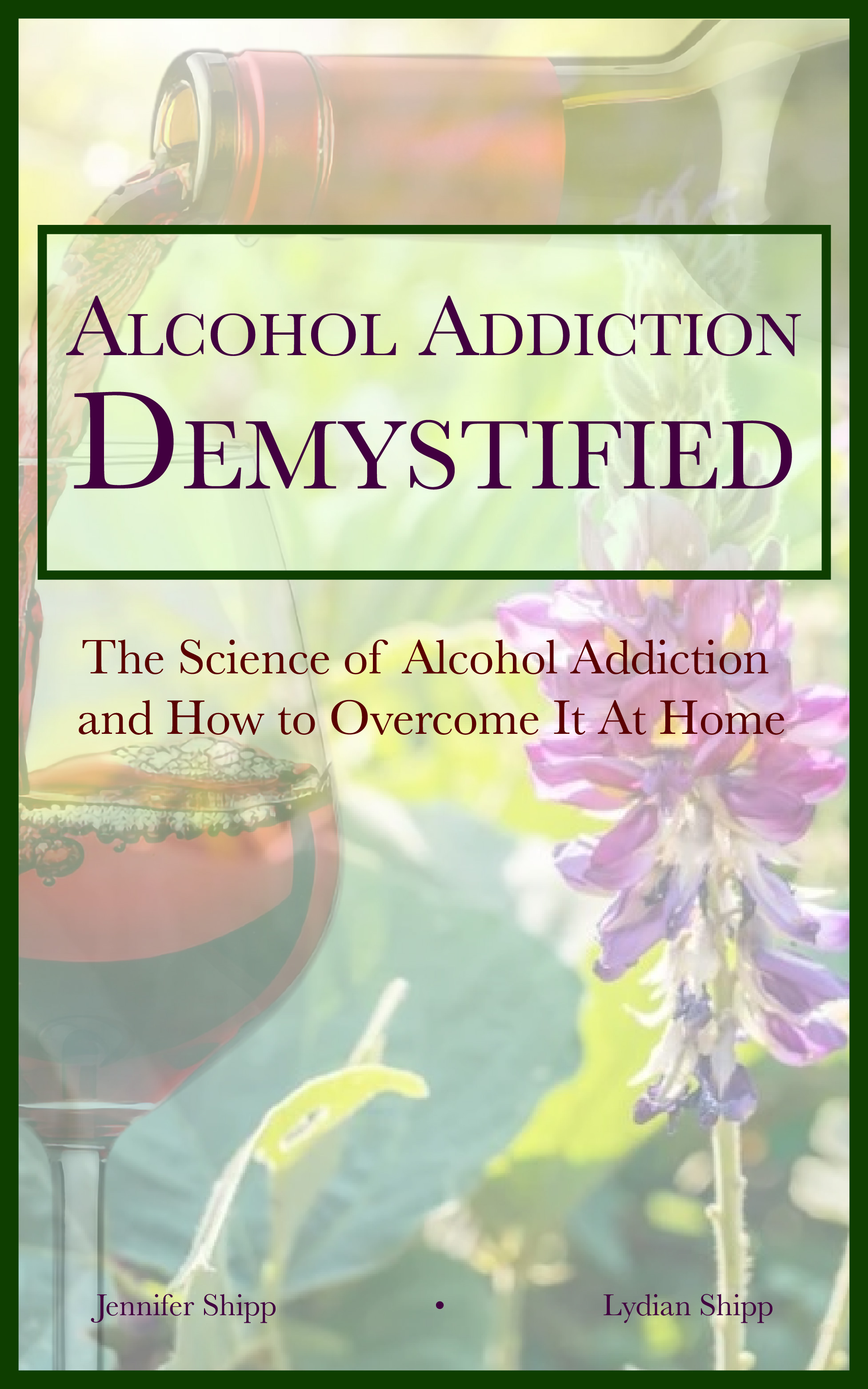Introduction to Disease Family Trees
Lewy body dementia has not been studied as extensively as Parkinson’s disease, but despite this, doctors who work with these diseases have noted that there’s very little difference between Lewy Body Dementia and Parkinson’s disease. If the patient develops dementia symptoms first and Alzheimer’s disease has been definitively ruled out, then the diagnosis is Lewy Body Dementia (LBD). If the patient develops tremors, the diagnosis is Parkinson’s disease (though many Parkinson’s patients go on to develop signs and symptoms of Lewy Body Dementia).Alternative and complementary medicine practitioners and holistic health professionals who are familiar with the staple cancer cures that are used in treatment centers outside the U.S. know that all degenerative diseases have common denominators, namely deficiencies of various vitamins and minerals (in particular iodine and vitamin B17), an acidic physiological profile, heavy metal poisoning, and low cellular voltage. So, for holistic practitioners, it isn’t hard to see that Parkinson’s disease and Lewy Body Dementia are really different expressions of the same disease. Nearly all degenerative diseases from arthritis to Lewy Body Dementia can benefit from vitamin B17 supplements (or a daily dose of bitter, raw, organic apricot kernels if you're a U.S. citizen). Indeed, Amytrophic Lateral Sclerosis and Multiple Sclerosis seem to be a part of the same Disease Family Tree too (we’ll talk more about that later). The good news is, though, if these diseases are all related, holistic or integrative treatments that are identified for one disease may very well be relevant for treating the other diseases. With a disease like Lewy Body Dementia that’s a relatively new diagnosis in conventional medicine with very little formal research to guide patients and little anecdotal information about what works and what doesn’t, this is excellent news because it means that research and treatments for Parkinson’s disease (in particular) are likely to be helpful in treating Lewy Body Disease naturally. If you're searching for a Lewy Body Dementia cure online, you might also search for a cure for Parkinson's Disease to see what kind of treatments exist for this disease since they seem to be expressions of the same set of physiological issues [9].

Click here to buy a Vitamin B100 Complex Supplement.
Studies have shown that, like Lewy Body Dementia, Alzheimer’s disease, and Parkinson’s disease, acetylcholine plays a major role in the development of Amytrophic Lateral Sclerosis. All of these diseases have also shown some improvement as a result of choline or lecithin supplementation (precursors to acetylcholine). Additionally neurological diseases like ALS, PD, and LBD along with Tourettes Syndrome, Friedrich’s Ataxia, Tardive Dyskinesia, Huntington’s chorea, Mania, Levodopa-induced dyskinesia, Myasthenia syndrome, and Multiple Sclerosis can all be treated using stem cell therapies. Stem cell therapies have evolved over the years such that doctors can now use the patient’s own cells for the stem cell treatment rather than using donor embryo cells. These diseases and disorders all have different manifestations, but many of them can benefit from the same nutritional approaches (the ketogenic diet for example) and treatment strategies. Those who are looking for a Lewy Body Dementia cure should consider starting with dietary changes, if possible to see if diet has an impact in the progression of the disease. If it does, that could be a clue that could propel you to yet additional curative options [10][11][13][14][15][16][17][18][19][20]
Click here to buy Choline / Inositol.
Conventional medicine looks for differences between diseases rather than looking for similarities. By creating many different categories for different diseases that are actually very similar and closely related, patients are dependent on their doctors to determine which drugs specifically should be used to treat their condition. But when we look at diseases in terms of their similarities and consider the fact that these disease families often respond to the same basic approach to healing, the patient is empowered. Many cures for diseases then begin to emerge and people look for a connection in terms of symptoms rather than discreet labels for disease.A wide variety of neurological diseases including dementia can be treated using a combination of the following strategies:
- Stem cell therapies
- Ketogenic Diet
- Vitamin and mineral supplementation
Anyone who has been diagnosed with a serious nervous system disorder including any type of dementia or movement related disorders should also look closely at the Guillain-Barre Syndrome which is essentially the same disease as Multiple Sclerosis. In Guillain-Barre Syndrome, patients experience nervous system symptoms due to de-myelination of the peripheral nervous system fibers. In contrast, Multiple Sclerosis typically involves de-myelination of the central nervous system nerve fibers. But in reality, there is no line between the peripheral nervous system and the central nervous system. Doctors and scientists have linguistically created a line between these two areas of the nervous system but they are connected and run continuously through and within one another. But while Guillain-Barre Syndrome has strong scientific associations with infection, surgery, and vaccine administration as triggers for the disease, Multiple Sclerosis is a heavily guarded medical paradigm that consensus science says cannot be caused by an infection or vaccine administration. Scientific research by scientists who are willing to think outside of the box has proven otherwise, but the media only rarely covers this data and consensus scientists refuse to admit that Multiple Sclerosis could be caused by an initial infection, vaccine administration, or a surgical procedure that triggers it. Nonetheless, if you or a loved one is suffering from a progressive nervous system disease, look closely at using Chlorine Dioxide Solution and Dimethylsulfoxide to treat underlying infections along with aggressive vitamin B therapies. We have written about vitamin B12 and dementia as well as vitamin B1 deficiency symptoms, but all B vitamins have a healing effect on the nervous system and many people with nervous system diseases also have vitamin B deficiencies. See also our articles about cancer as a vitamin B17 deficiency.
Finally, we need to note that Delirium Tremens (DTs), a disorder caused by alcoholism, is also related to Parkinson's disease, Lewy Body Dementia, Guillain-Barre Syndrome, and Multiple Sclerosis. Indeed, taking a closer look at Delirium Tremens as a disease in the same family tree as these other neurological disorders can shed light on possible treatments for all of these health issues. Alcoholism has recently been linked to the problem of insulin resistance which is thought-provoking. Small doses of alcohol can, in fact, lessen some of the negative effects of insulin resistance by helping nutrients that are dependent on insulin to get into human cells when the cells are resistant to the effect of insulin. Insulin works to unlock the cell membrane to allow not just sugars, but also medicines, and other nutrients gain access to the cell. Without nutrients and sugars, cells go dormant and eventually they die. It makes sense that people with alcoholism would crave alcohol if it helps them feel more wakeful and more alive (as it would if the alcohol is potentiating insulin to open cells to nutrients and sugars). Click here to read more about insulin resistance and alcoholism.
Also note that Delirium Tremens is powerfully related to Parkinson's disease and Lewy Body Dementia (again noting that these two diseases are basically the same disease but with different symptoms headlining during the initial presentation of the disease). Delirium Tremens involves both tremors (which makes it similar to Parkinson's) as well as hallucinations (which makes it similar to Lewy Body Dementia). But perhaps also worth noting is the fact that trauma exposure is something that can cause tremors as well as hallucinations, yet it is completely curable. Trauma is more of a psychological construct, of course, but actually, Trauma Psychology (as a relatively new discipline) focuses almost exclusively on a part of the body that represents the mind-body interface: the autonomic nervous system. This part of the nervous system is where we store any experience that felt like threatening in which we did not run, scream, fight, or complete the action that our bodies felt like we needed to do. For example, if you are in a car accident and you get pinned inside the car, you likely feel like running away, but you can't. This desire to run and save yourself gets trapped in the body and when it releases, the body shakes uncontrollably. See the video of a polar bear "shaking off" trauma below:
https://www.youtube.com/watch?v=xDlR-wl7iFI
The dopamine neurons play a role in addiction, but they also play a major role in Parkinson's disease, Lewy Body Dementia, and any disease that involves tremors or movement-related issues. If you suffer from any of the neurological disorders that we've discussed in this article, consider learning more at this link about Mucuna pruriens, an herb that supports dopamine production and dopamine receptor growth along with Methylene Blue, N-Acetyl-Cysteine, vitamin C, and vitamin B100 complex.

Click here to buy Mucuna pruriens.

Resources:

 Disease Family Trees help explain how different diseases are related and why a particular treatment may be effective against a range of illnesses with very different symptoms (or similar symptoms) rather than just one specific disease.
Disease Family Trees help explain how different diseases are related and why a particular treatment may be effective against a range of illnesses with very different symptoms (or similar symptoms) rather than just one specific disease. Alcohol Addiction Demystified: The Science of Alcohol Addiction and How to Overcome It At Home - BUY HERE!
Alcohol Addiction Demystified: The Science of Alcohol Addiction and How to Overcome It At Home - BUY HERE!






















